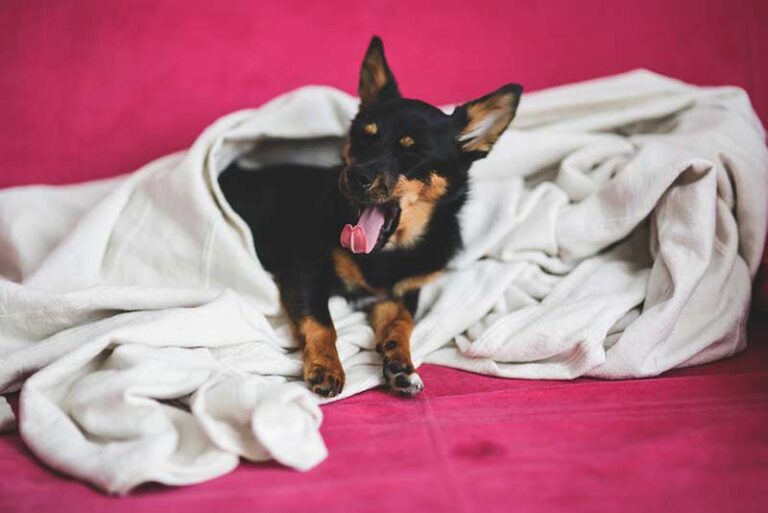Why Do Dogs Vomit After Eating? What To Do?
Have you ever surprised yourself to find out that your four-legged friend vomited soon after gobbling down the food you set for him some moments ago? Whenever we see that our pet has vomited, we become concerned about what is wrong with our pet and why dogs vomit after eating. And you will find out why precisely if you read this article till the end.
So, why do dogs vomit after eating? There is an array of possible answers to this question, starting from that your pet gulped down the food at an unhealthy speed, ate a few handfuls of grass before eating his food, drank too much water, etc. let’s check out these reasons one by one below.
Why Do Dogs Vomit After Eating? Reasons
As I explained before, there are a few different reasons why a dog is forcefully heaving the food he just so lovingly gobbled down. The reason may be something spontaneous or an occurrence of a chronic illness’s symptoms.
We, dog parents, can handle this spontaneous vomiting in our dogs because it is normal and nothing to worry about. But if he vomited his stomach content under the influence of a medical condition, taking advice from his veterinarian is the best thing you could do.
Now let’s first see what causes a dog to vomit spontaneously.
- Unhealthy speed of eating
First, dogs tend to finish their food bowls at an unhealthy speed. Whenever they get a whiff of a tasty meal, they will go for the fastest manner they can finish up this meal.
It is a prevalent scene that frequently happens in households with more than one dog. And when they try to eat as much as possible within a short time, the dog will be gulping down food without chewing it up. Or they will eat up mouthfuls larger than the ones they could gulp at once.
But what will happen if the dog finds his way to the hiding spot you used to stack up big bags of dog food? Undoubtedly, he will somehow try to rip up the packaging and get to the “good-smelling things” in the bag.
And when you get into the scene, I’m sure you will be horrified to see kibble running everywhere and a dog sleeping next to a pile of vomit.
- Too much food
It happens when the pet eats way too much food than he can handle. The stomach will refuse to take up the large meal size, and eventually, he will have everything out.
- Unhealthy foods
Next, if the dog eats something that is not food or something he wasn’t supposed to eat, such as a cushion filling or his own poop – yes!
It is much more common among puppies, forgive me for being bold and graphic – then he will get a bad reaction and vomit out everything, including the meal he had a little while ago.
- Eating grass
Another common thing amongst dogs is eating grass. It is commonly believed that dogs eat grass when they lack fiber in their meals to digest the food they eat.
And once he eats too much of the greens, the pet will eventually empty his stomach, including the food you gave him.
Other than these, the following are some more natural reasons to make you wonder why dogs vomit after eating.
- You transitioned your dog’s usual food to something else without going for a healthy ratio
- It is a way your pet shows stress
- Digestive problems caused by the chew toy or processed bone you gave him
- Your dog is reacting badly towards the ingredients in the food you gave him
These are the natural reasons you could come across after noticing that your furry friend vomited after you gave him his meal.
But as I mentioned earlier, there can be some underlying conditions that are causing your pet to heave the stomach contents out.
Some of these medical conditions are mentioned below. These may give you further insight as to why dogs vomit after eating.
- Parvovirus
- Liver diseases
- Bacterial infections in the Gastrointestinal tract
- Heatstroke
- Acute kidney failure
- Pancreatitis
- Urine infection
What To Do If A Dog Vomits After Eating?
First, after being shocked that your pet vomited right after eating one of his daily meals, you might want to find out what caused him to vomit. Was it something wrong with the food? Was your pet disgusted after the food you just gave him? It is imperative to find answers to these burning questions if you ever need to rush to a vet hospital.
So, start by examining the content your dog heaved out. I know this might be disgusting, and this vomit may even have a stale smell that makes you vomit yourself. But still going through this step is vital.
You may want to check whether the entire content was food or if anything else was suspicious. Is there a mix of bile or mucus in the content? Does it contain blood or white form that might increase your suspicions, have your dog eaten any grass, toys, or something inedible, etc.?
After doing this, you will get a somewhat clear image of why dogs vomit after eating. And this observation will let you know whether you should run to pet care or if you can handle the situation yourself. You may even want to put the dog under observation for at least 24 hours.
Should I Feed My Dog Again After Vomiting?
If the vomiting seems to stop or reduce, you may try giving the dog a fat-free plain diet, such as plain red rice with some boiled and drained chicken with no salt or pepper added.
Make sure not to give them a full meal before the pet is back on track. Then, observe his reaction and give him small amounts of food throughout the day.
So now that you know exactly why dogs vomit after eating, you can react accordingly if the dog catches you off guard by vomiting right after a meal. If the situation persists, it is much better to take the dog to a vet.
Thank your for reading this post. Stay tuned with Jack Russell Owner. See you next time!

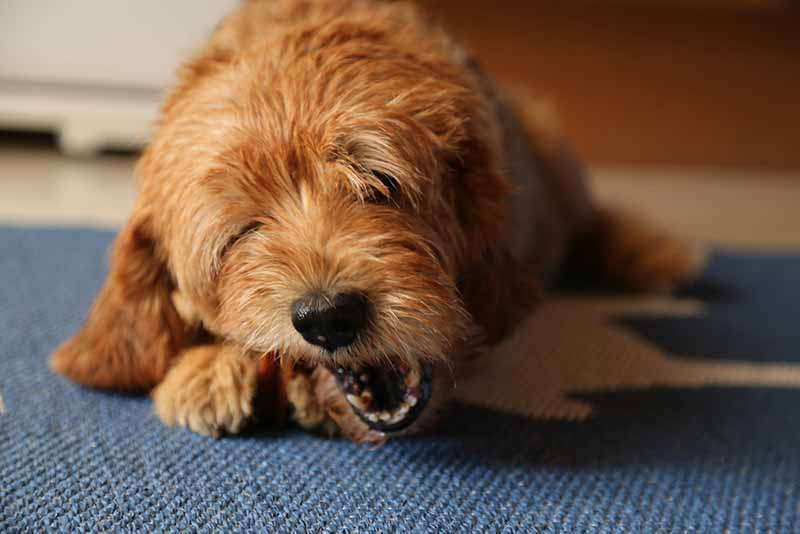
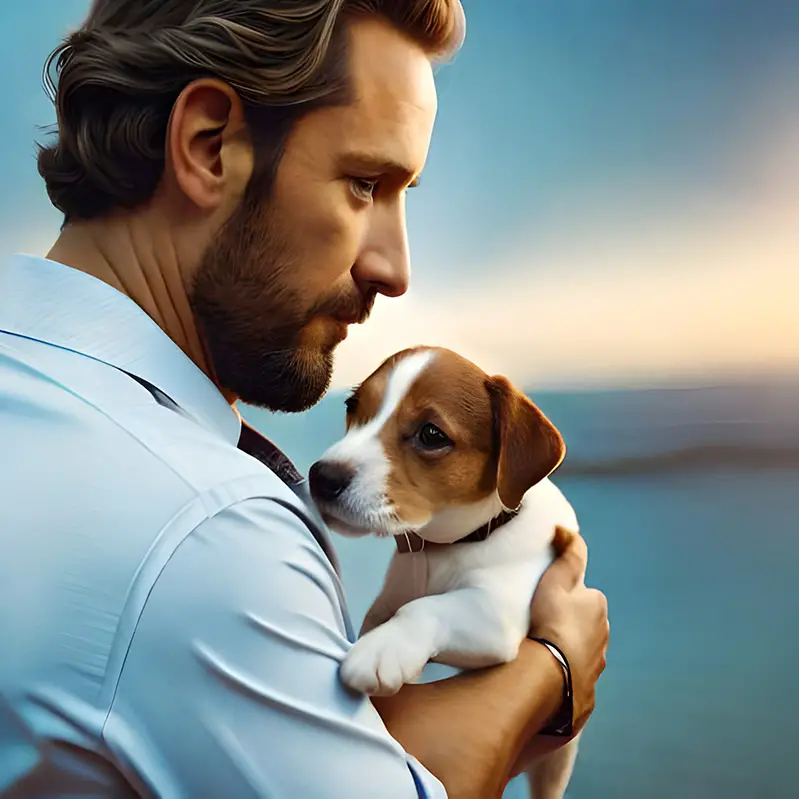
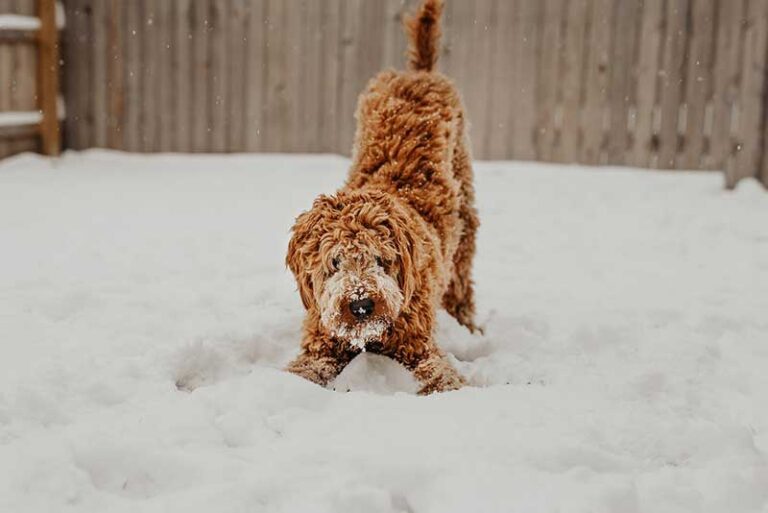
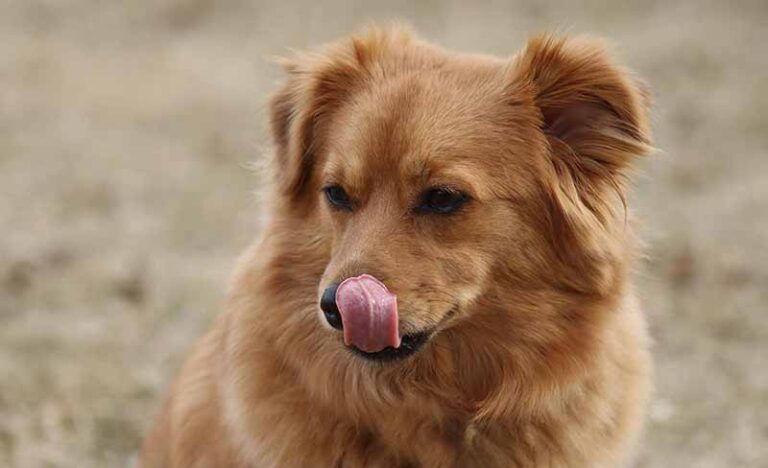
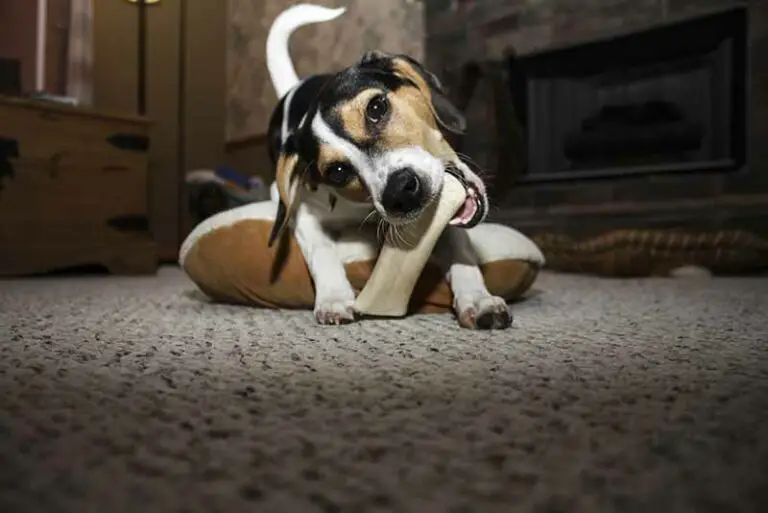
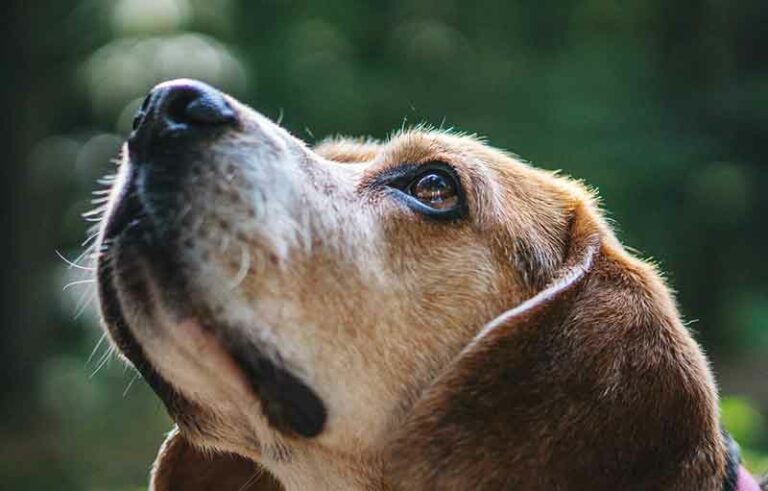
![Can Dogs Get Cavities? Yes [What To Do & Cost To Fix]](https://jackrussellowner.com/wp-content/uploads/2023/11/Can-Dogs-Get-Cavities-Yes-What-To-Do-Cost-To-Fix-768x575.jpg)
